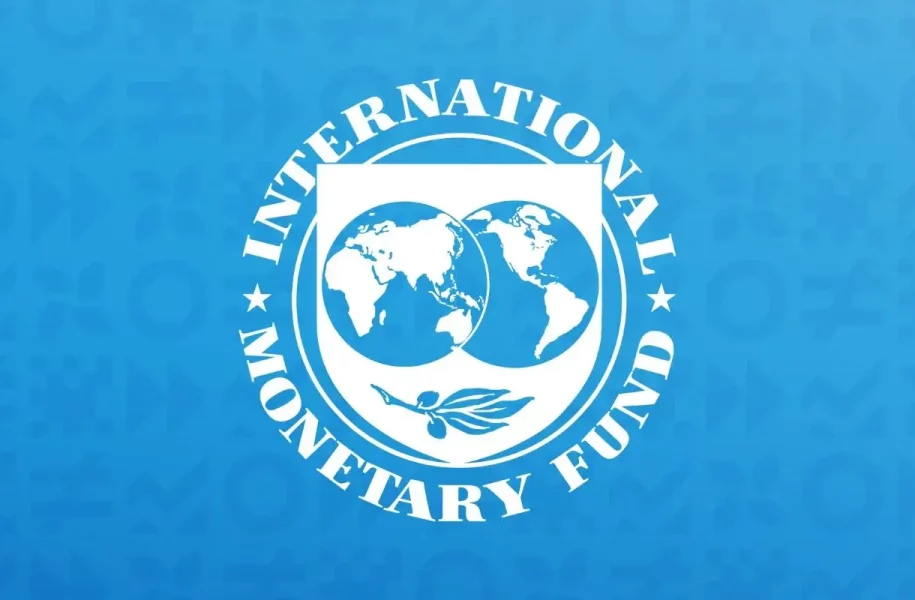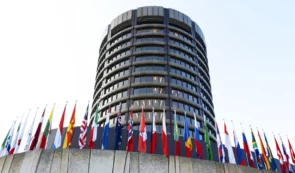IMF Would Like to Regulate Crypto and Avoid ban

The International Monetary Fund (IMF) recently revealed its preference for regulating cryptocurrency rather than implementing a ban.
Speaking at the G20 finance ministers meetings in Bengaluru, India, IMF Managing Director Kristalina Georgieva shared the agency’s views on digital assets and explained what it would like to see regarding regulation.
While she warned that the option to ban cryptocurrencies should not be taken off the table, Georgieva stated that good regulations, predictability, and consumer protection would be a better option than banning them altogether.
"There has to be more regulation,” IMF Managing Director Kristalina Georgieva says https://t.co/TMq6eWWwwf
— Bloomberg Crypto (@crypto) February 25, 2023
Georgieva emphasized that the IMF is very much in favor of regulating the world of digital money, which is a top priority for the organization. She also acknowledged that there still needs to be more clarity surrounding the classification of digital money, making it difficult to distinguish between central bank digital currencies backed by the state and publicly issued crypto assets and stablecoins.
The IMF’s preference for regulation over a ban aligns with a recent paper recommending global regulatory standards. According to the report, crypto assets cannot be legal tender because they are not backed, and fully-backed stablecoins create a “reasonably good space for the economy.”
However, non-backed crypto assets are speculative, high-risk, and not money.
Despite the IMF’s preference for regulation, Georgieva clarified that banning cryptocurrencies is still on the table. She warned that if digital assets begin to pose a greater risk to financial stability, the decision to ban could be made. In particular, an inability to protect consumers from the rapidly evolving world of crypto assets would be the primary catalyst for this decision.
READ MORE: ECB’s Digital Euro Focuses on E-Commerce and Caution Toward Crypto
To address these issues and concerns, the IMF, the Financial Stability Board, and the Bank for International Settlements are jointly preparing to release regulatory framework guidelines in the second half of the year. These guidelines are expected to clarify the classification of digital assets and recommend regulations that will ensure predictability and consumer protection while reducing risks to financial stability.
In conclusion, while the IMF does not advocate for an outright ban on cryptocurrencies, it is clear that digital assets need to be regulated to protect consumers and ensure financial stability. With regulatory framework guidelines expected to be released later this year, the industry will need to work with regulators to implement responsible and effective regulations that balance innovation and consumer protection.














